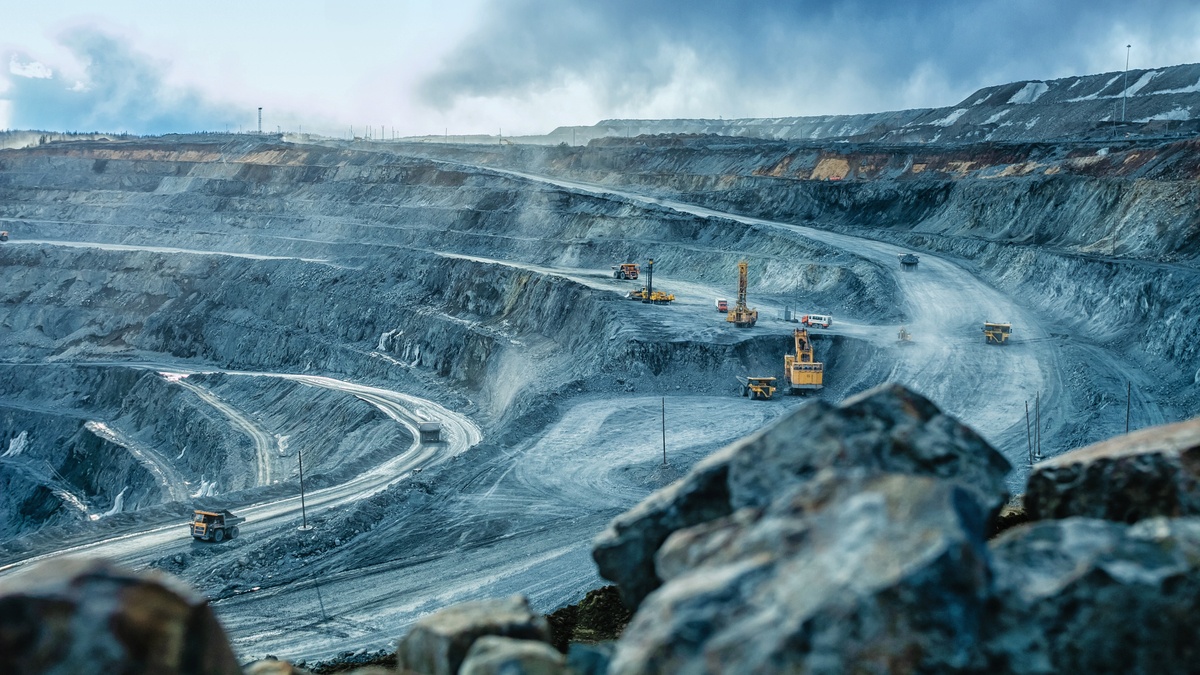Bolivia chose Chinese battery giant CATL to aid in developing its substantial but largely untapped lithium reserves, as per the Tweet of Benchmark Mineral Intelligence CEO Simon Moores on January 21.
Finally, the lengthy bidding process concluded involving US and Russian companies. Bolivia declared the successful conclusion of the deal at a special event in the country’s political capital La Paz.
The deal
Under the terms of the agreement, the CBC consortium would collaborate on direct lithium extraction from the country’s Uyuni and Oruro salt flats.
The deal grants CBC (including CMOC) authority to build two lithium plants in the country. Notably, the mentioned lithium plants can produce up to 25,000 tonnes of lithium carbonate suitable for batteries per year by 2024 to 2025.
Furthermore, it will gradually increase to 100,000 tonnes in 2028. Bolivia targets 2025 to export lithium batteries.
State-owned corporation YLB will supervise the project and fulfill a very significant role.
Why CATL?
CATL is the biggest EV battery producer in the world. However, it does not make its own lithium as of now.
Nonetheless, the Chinese battery juggernaut has funded many domestic lithium initiatives.
In 2021, it failed to acquire Millennial Lithium Corp., which has its eyes on Argentina.
Finally, it landed a more significant bid which is Bolivia.
CATL will invest $1,000 million for the development of the abovementioned two lithium plants. The plants are expected to produce cathodes and lithium batteries.
Why is this important for Bolivia?
The US Geological Survey states that the world’s richest lithium deposits (21 million tonnes) are found in Bolivia’s famous salt flats. However, these reserves are largely untapped.
It is worth noting that there are still uncertainties about the application of direct extraction technology. Furthermore, the initiative to mine lithium requires many years.
Nevertheless, the deal may finally enable Bolivia to maximize its enormous potential as a producer of battery-grade lithium. If successful, it is expected to drive the transition to electric vehicles globally.
Government initiatives
The CBC is expected to allocate more than $1 billion in the first phase of the project, as per Bolivian President Luis Arce.
Reuters reported President Arce’s further announcement about the ongoing discussions for prospective foreign partnerships. The candidates include US’ Lilac Solutions, Russia’s Uranium One Group, and three other Chinese bidders.
“Today begins the era of industrialization of Bolivian lithium.”
Bolivian President Luis Arce
Indeed, there is no time to waste in extracting and developing lithium as its battery-grade price topped $85,000 a tonne in 2022.

